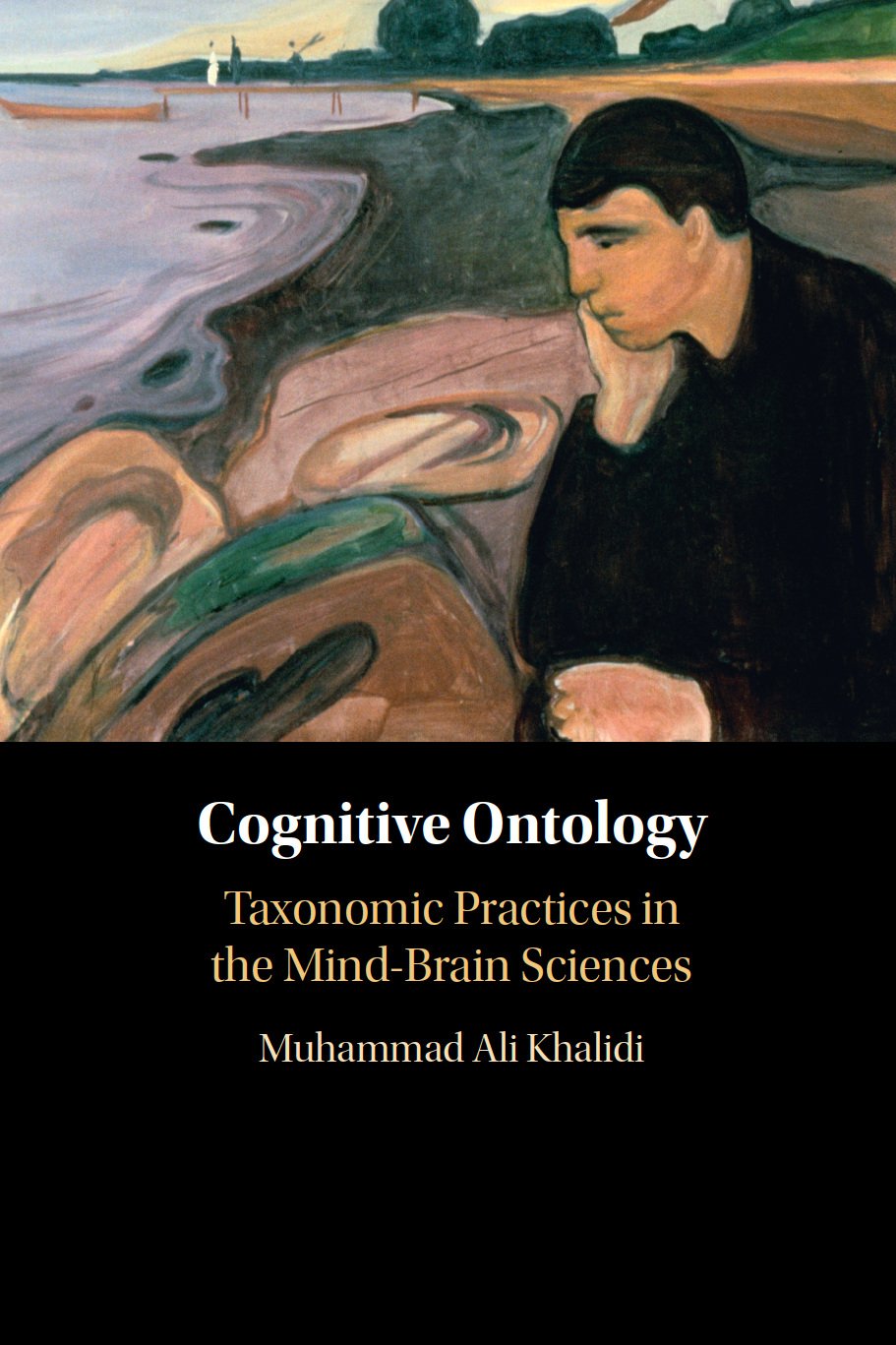About me
I am Presidential Professor of Philosophy at City University of New York (CUNY) Graduate Center. Before that, I was Professor of Philosophy at York University in Toronto. I’ve also taught at the American University of Beirut, University of Nevada at Reno, and (as a post-doc) at the University of Chicago and Columbia University. You can download a copy of my CV here and can contact me via email.
My work focuses on the philosophy of science, particularly cognitive science and social science. I’ve also done some work on classical Arabic-Islamic philosophy and on philosophical aspects of the question of Palestine. You can read or listen to interviews about my work here, here, here, here, and here. Scroll down for information about and links to my books.
More information about publications, teaching, and political writings can be accessed through the links at the top right.
This book is a concise introduction to the concept of ‘natural kinds’ from the perspective of the philosophy of science. Scientists cannot devise theories, construct models, propose explanations, make predictions, or even carry out observations, without first classifying their subject matter. Philosophers who posit natural kinds claim that the goal of scientific taxonomy is to come up with classification schemes that conform to nature's own. Another way of putting this is that science aims to devise categories that correspond to natural kinds. The interest in ascertaining the real kinds of things in nature is as old as philosophy itself, but it takes on a different guise when one adopts a naturalist stance in philosophy, that is when one looks closely at scientific practice and takes it as a guide for identifying natural kinds and investigating their general features. This brief book in the Cambridge Elements series surveys existing philosophical accounts of natural kinds, defends a naturalist alternative, and applies it to case studies in a diverse set of sciences. This title is also available as Open Access on Cambridge Core.
The search for the 'furniture of the mind' has acquired added impetus with the rise of new technologies to study the brain and identify its main structures and processes. Philosophers and scientists are increasingly concerned to understand the ways in which psychological functions relate to brain structures. Meanwhile, the taxonomic practices of cognitive scientists are coming under increased scrutiny, as researchers ask which of them identify the real kinds of cognition and which are mere vestiges of folk psychology. Muhammad Ali Khalidi present a naturalistic account of 'real kinds' to validate some central taxonomic categories in the cognitive domain, including concepts, episodic memory, innateness, domain specificity, and cognitive bias. He argues that cognitive kinds are often individuated relationally, with reference to the environment and etiology of the thinking subject, whereas neural kinds tend to be individuated intrinsically, resulting in crosscutting relationships among cognitive and neural categories.
This book was published by Cambridge University Press in January 2023. Chapter 7 is co-written with Joshua Mugg (Park University) and Chapter 8 is co-written with Amy MacKinnon (Western University). Research on the book was supported by an Insight Grant from the Social Sciences and Humanities Research Council of Canada (SSHRC). To get some idea of what it’s about, you can watch a 2016 presentation on mind-brain taxonomy here. I also organized a workshop on this topic in 2019. You can read the first chapter here.
The notion of 'natural kinds' has been central to contemporary discussions of metaphysics and philosophy of science. Although explicitly articulated by nineteenth-century philosophers like Mill, Whewell and Venn, it has a much older history dating back to Plato and Aristotle. In recent years, essentialism has been the dominant account of natural kinds among philosophers, but the essentialist view has encountered resistance, especially among naturalist metaphysicians and philosophers of science. Informed by detailed examination of classification in the natural and social sciences, this book argues against essentialism and for a naturalist account of natural kinds. By looking at case studies drawn from diverse scientific disciplines, from fluid mechanics to virology and polymer science to psychiatry, the author argues that natural kinds are nodes in causal networks. On the basis of this account, he maintains that there can be natural kinds in the social sciences as well as the natural sciences.
Philosophy in the Islamic world emerged in the ninth century and continued to flourish into the fourteenth century. It was strongly influenced by Greek thought, but Islamic philosophers also developed an original philosophical culture of their own, which had a considerable impact on the subsequent course of Western philosophy. This volume offers new translations of philosophical writings by Farabi, Ibn Sina (Avicenna), Ghazali, Ibn Tufayl, and Ibn Rushd (Averroes). All of the texts presented here were very influential and invite comparison with later works in the Western tradition. They focus on metaphysics and epistemology but also contribute to broader debates concerning the conception of God, the nature of religion, the place of humanity in the universe, and the limits of human reason. A historical and philosophical introduction sets the writings in context and traces their preoccupations and their achievement.
Additional translations of classical Islamic philosophical texts (please feel free to use sources linked):





